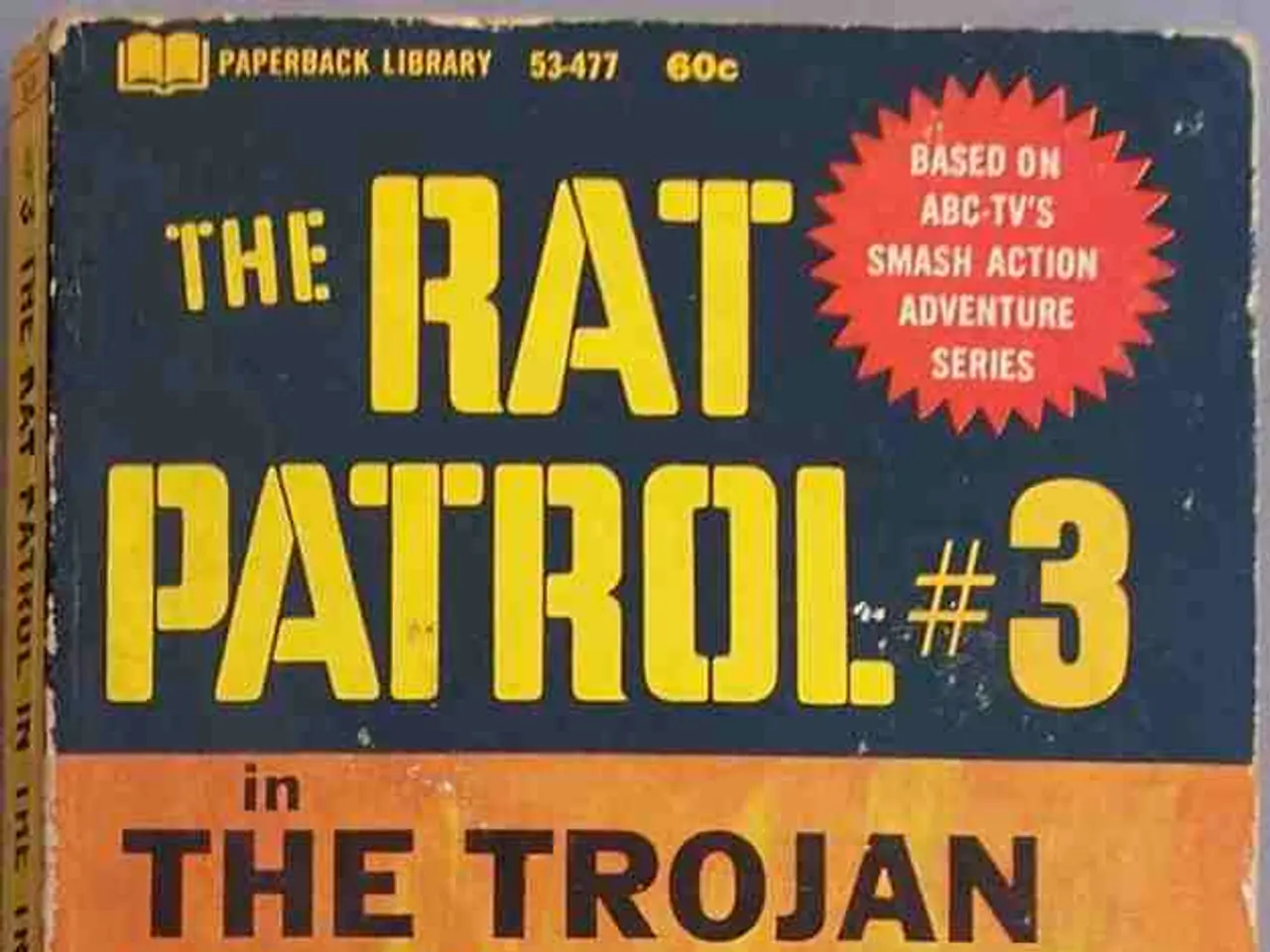Trump Administration Defends Military Takeovers in Court, Expressing Disregard as 'Regret Not Required'
In the heart of August 2025, a legal battle is unfolding in the United States as President Trump's deployment of Marines and the federalized California National Guard in response to protests in Los Angeles is being challenged for potentially violating the Posse Comitatus Act (PCA). The trial, presided over by Senior U.S. District Judge Charles Breyer, is determining whether this deployment was lawful under the PCA or if it exceeded presidential authority.
The deployment involved federalizing California National Guard troops and sending them alongside Marines and federal agents to respond to protests over immigration enforcement. California Governor Gavin Newsom filed a lawsuit alleging the deployment violated the PCA, calling it an illegal power grab, and seeking to block the federal control of the state’s National Guard.
The PCA, enacted in 1878, generally prohibits the military from enforcing civilian laws. However, exceptions exist under laws like the Insurrection Act or when protecting federal property. Trump justified the move partly under Title 10, claiming the protests constituted a form of rebellion and required federal intervention.
The court's key factual question is whether the military was used to enforce domestic law (which PCA forbids) or merely to protect federal interests (which PCA allows). A temporary restraining order against the deployment was initially granted but was later stayed on appeal, allowing the deployment to continue during the trial.
The Trump administration argues that it is virtually impossible for the president to violate the Posse Comitatus Act due to his inherent constitutional powers as president, a doctrine called "protective power." However, Joseph Nunn, counsel in the Brennan Center's Liberty and National Security Program, stated that if Breyer issues an injunction directing the president to demobilize the National Guard and hand control back to California, there is "no wiggle room," legally speaking, for Trump to ignore or flout the ruling.
If Breyer rules in favor of California and finds that Trump violated the PCA, the administration will appeal to the 9th Circuit Court of Appeals. If the 9th Circuit upholds a ruling in favor of California, the Trump administration may go straight to the Supreme Court with a request for arguments on the merits of the case.
Nunn suggests that laws governing the domestic use of military force would need a broader overhaul, including making the Posse Comitatus Act a civil statute and allowing people and states to sue to stop violations of the act and potentially seek damages if they have been harmed.
The Posse Comitatus Act has only been enforced twice in U.S. history, with convictions coming in 1879, just a year after the law was enacted. The memo signed by Trump in June purporting to grant authority to the military to deploy federalized National Guard troops and other active duty forces is something Nunn encourages the American public to review carefully.
As the trial progresses, the outcome will have significant implications for the balance of power between the federal government and the states, as well as the role of the military in domestic affairs. Judge Breyer did not specify a timeline for issuing a ruling.
Read also:
- Parliamentary Meetings in the Federal Diet of Germany this Week
- Warning signs of potential health issues indicated by Dr. Amir Khan, unveiled in a recent discourse
- Anemia: A Potential Threat and Treatment Strategies
- Insulin refusal during gestational diabetes is possible, but it may have detrimental impacts on both mother and baby.




